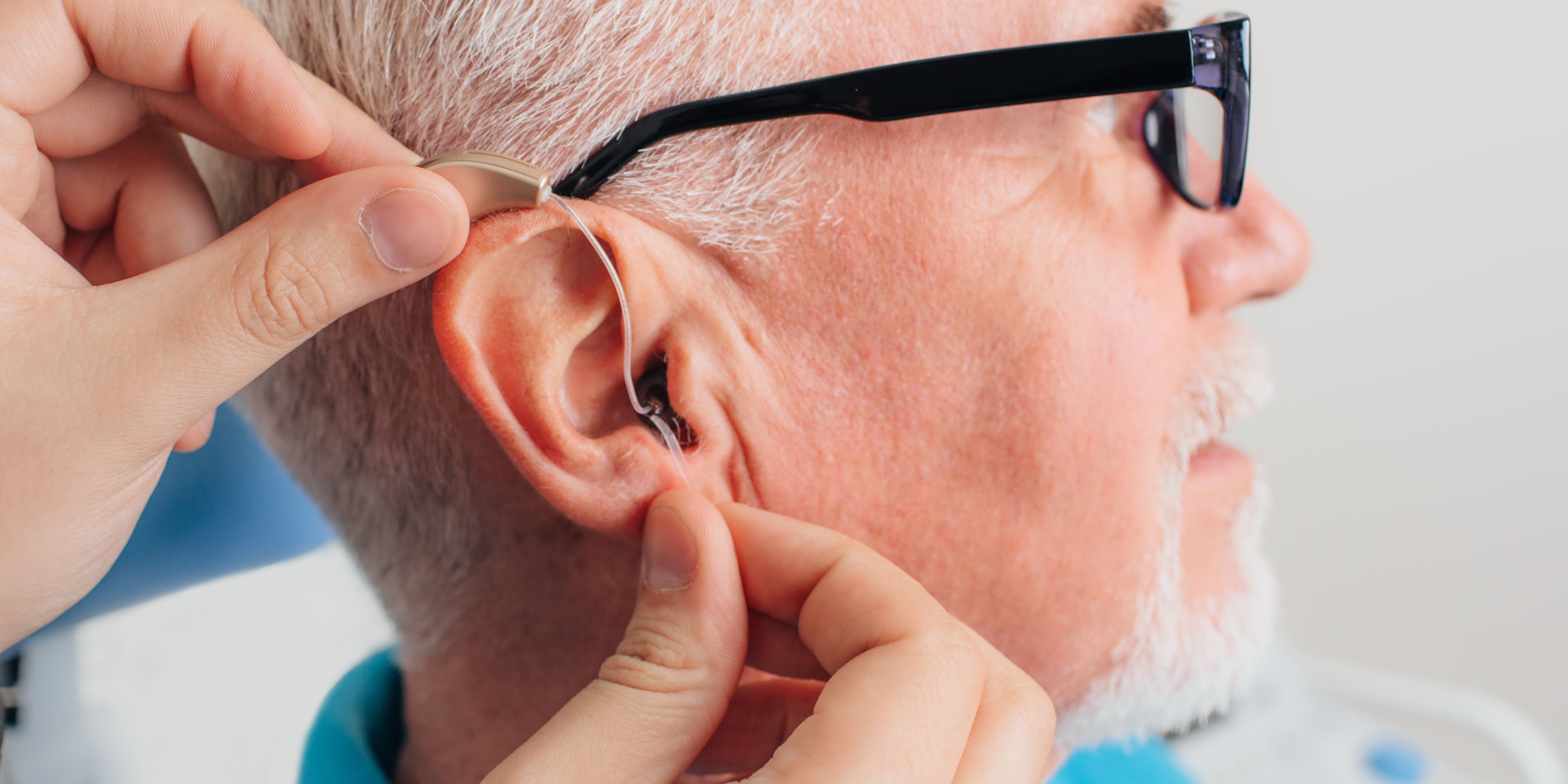Palm Coast Local
Locals Helping Locals

Important Alert for Senior Citizens and Hearing Impaired:
- Details
- Written by: Palm Coast Local
- Parent Category: Business Blog
- Category: Consumer Alert

31.4 percent of our Flagler County population is made up of senior citizens 65 and older according to the U.S. Census Bureau. While close to 30 million adults living in the U.S. have some degree of hearing loss.
One Consumer Alert from The Florida Attorney General's Office is to inform senior citizens in Florida, or those with hearing impairments, about the availability of over-the-counter hearing aids. In 2017, Congress directed the U.S. Food and Drug Administration (FDA) to create regulations for a new class of over-the-counter hearing aids, and the FDA has recently finalized these regulations.
The new regulations introduce different types of hearing-aid products, including over-the-counter hearing aids, medically prescribed hearing aids fitted by audiologists or doctors, and personal sound amplification products. Due to these changes, there may be confusion regarding their uses, returns, and refunds.
Attorney General Ashley Moody emphasizes, "Before purchasing, consumers should research the type of hearing aid that suits them best. While over-the-counter hearing aids offer convenience and affordability, understanding the return and refund policies is crucial. If a deal seems too good to be true, exercise caution."
Prescription hearing aids, prescribed and fitted by professionals, require a hearing test to determine the need and optimal settings. On the other hand, over-the-counter hearing aids amplify sound and can be bought without professional support. They are for adults experiencing mild to moderate hearing loss.
Personal sound amplification products are different, designed for people with normal hearing to amplify sounds in specific situations, like recreational activities. These are regulated as consumer electronics, not medical devices.
For those considering over-the-counter hearing aids, Attorney General Moody provides these tips:
- Consult a medical professional for optimal hearing product advice, even if traditional hearing aids are not preferred.
- Compare prices and terms from multiple sellers, being wary of complex return policies and hidden fees.
- Understand the level of customer service offered and determine if traditional hearing aids might better suit your needs.
- Personal sound amplification devices may not be suitable for those with hearing loss; consult a professional.
- Verify reviews on websites and check the Better Business Bureau for reliable seller information.
- Exercise caution if a deal seems too good to be true and thoroughly read the terms of sale.
To report hearing aid scams or any fraud, file a complaint with the Florida Attorney General’s Office at MyFloridaLegal.com or by calling 1(866) 9NO-SCAM.
While finally gaining access purchase a much needed hearing aid without a doctor to buy a hearing device, do your research, read reviews and above all else, read the terms and conditions on returns and refunds. What is your experience with hearing aids? Share in the comments.
Add comment